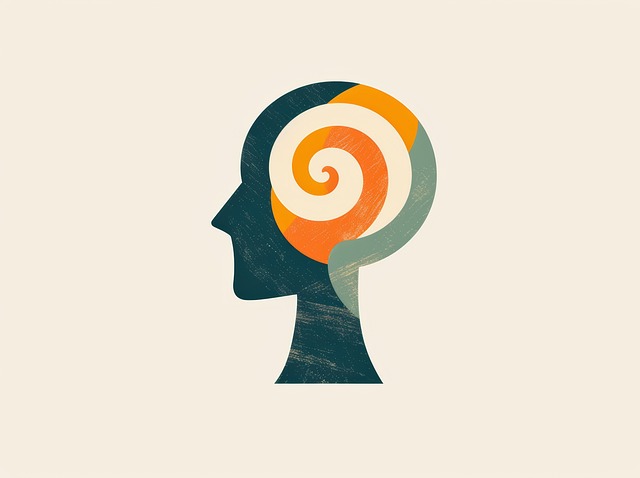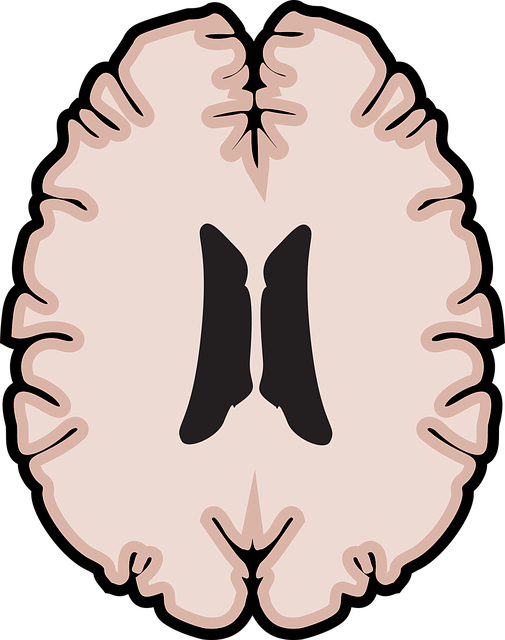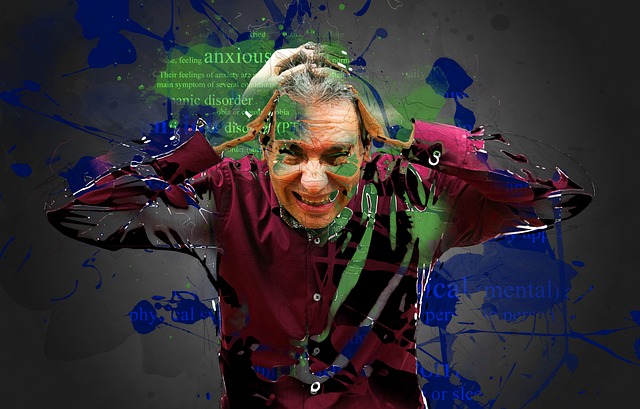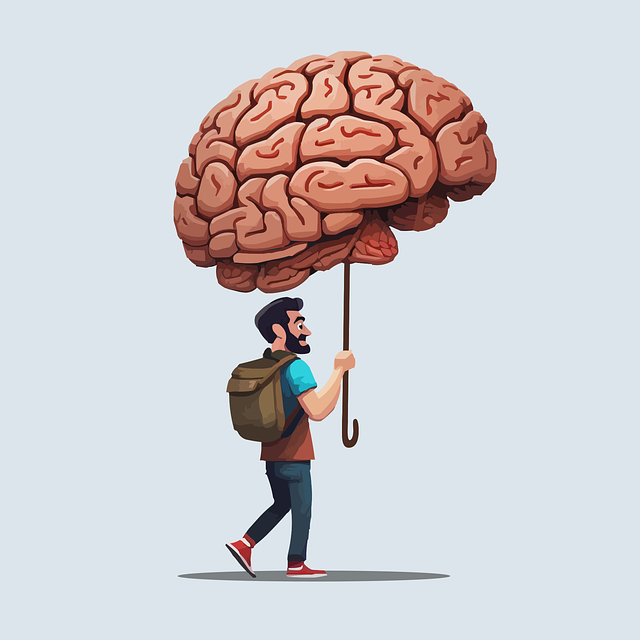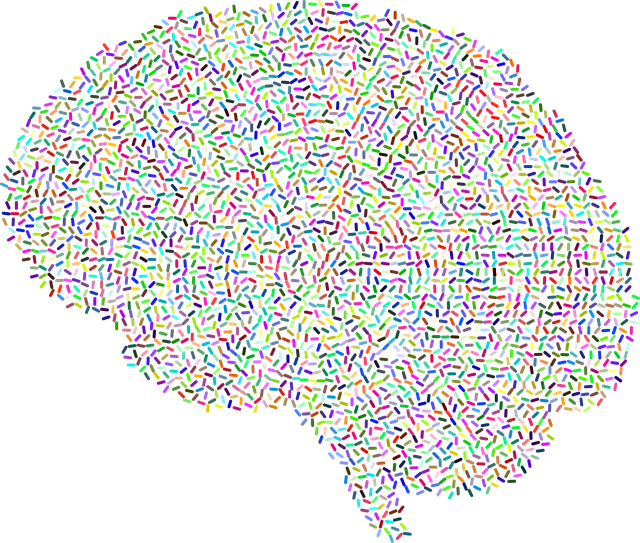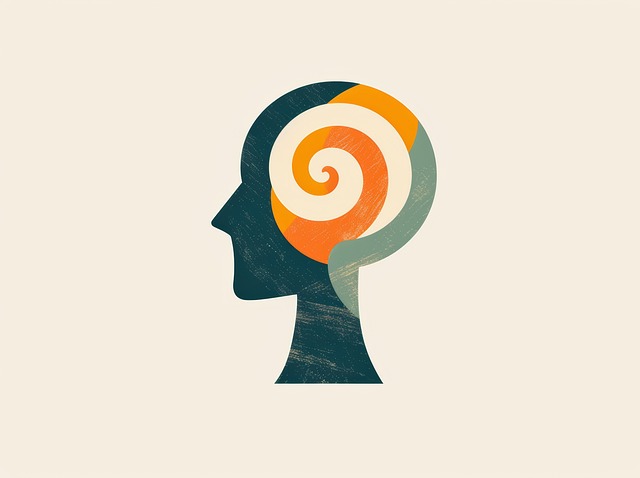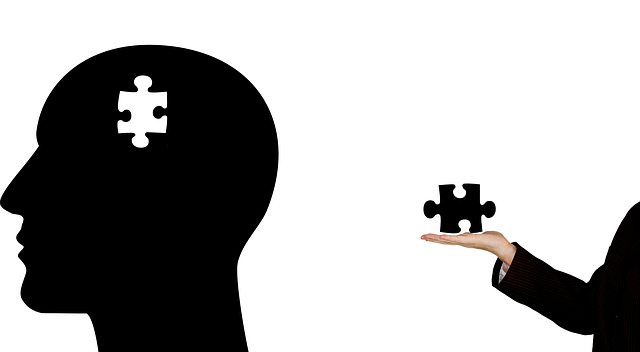Littleton Neuro Disorders Therapy emphasizes cultural competency, integrating diverse patient backgrounds into therapy approaches for personalized care. Through interactive workshops, case studies, and role-playing, healthcare providers learn to navigate communication challenges and develop culturally sensitive skills. This training, grounded in real-world examples, enhances empathy and equips providers with tools to improve patient outcomes and satisfaction, as measured by assessments of provider behaviors, patient satisfaction, and mental illness stigma reduction.
Healthcare provider cultural competency training is essential for delivering quality care, especially in diverse communities like Littleton. This article explores the significance of cultural competency in healthcare, focusing on why it matters for Littleton Neuro Disorders Therapy (LNDT). We delve into designing effective training programs that foster cultural awareness and measure the impact of these initiatives. By understanding and addressing cultural differences, LNDT can improve patient outcomes and create a more inclusive environment.
- Understanding Cultural Competency in Healthcare: Why It Matters for Littleton Neuro Disorders Therapy
- Designing Effective Training Programs: Strategies for Improving Cultural Awareness
- Implementation and Impact: Measuring Success in Cultural Competency Education for Healthcare Providers
Understanding Cultural Competency in Healthcare: Why It Matters for Littleton Neuro Disorders Therapy

Cultural competency is a vital aspect of providing quality healthcare, especially in diverse communities like Littleton Neuro Disorders Therapy serves. It involves understanding and appreciating the cultural differences and beliefs of patients, ensuring their care aligns with their personal values and traditions. This approach is crucial when addressing various aspects of health and well-being, including mental health.
At Littleton Neuro Disorders Therapy, we recognize that a patient’s cultural background significantly influences their perspective on self-care routine development for better mental health. Self-awareness exercises and confidence-boosting strategies can be tailored to individual needs by considering cultural factors. This personalized approach not only improves patient satisfaction but also fosters trust, encouraging open communication between therapists and clients, which is essential for successful therapy outcomes.
Designing Effective Training Programs: Strategies for Improving Cultural Awareness

Effective cultural competency training programs for healthcare providers should incorporate diverse strategies to enhance understanding and awareness. One key approach is incorporating interactive workshops that facilitate open discussions, case studies, and role-playing scenarios. These activities enable participants to explore different cultural perspectives, navigate complex communication challenges, and develop coping skills in a safe environment.
Additionally, integrating real-world examples from various communities, including those served by Littleton Neuro Disorders Therapy, can make training more relatable. By showcasing how cultural factors influence mental wellness and the need for tailored Trauma Support Services, trainers can emphasize the practical application of learned concepts. This contextualized learning fosters empathy and equips healthcare providers with the tools to offer culturally sensitive care, thereby improving patient outcomes and satisfaction.
Implementation and Impact: Measuring Success in Cultural Competency Education for Healthcare Providers

Implementing cultural competency training in healthcare settings is a transformative process that requires careful evaluation to gauge its impact and effectiveness. Success in this realm goes beyond mere participation; it involves measurable outcomes and tangible improvements in patient care. One of the key indicators of a successful program is the ability to foster meaningful connections between healthcare providers and diverse patient populations, particularly those with neurodisabilities like those seen at Littleton Neuro Disorders Therapy.
Through regular assessments and feedback mechanisms, institutions can track changes in provider attitudes, knowledge, and behaviors related to cultural competency. This includes observing improvements in communication skills, enhanced cultural sensitivity, and a better understanding of social skills training needs among patients from various backgrounds. Additionally, measuring patient satisfaction and outcomes associated with mental illness stigma reduction efforts can provide valuable insights into the program’s overall success.
Cultural competency training is a game-changer in healthcare, especially for specialized fields like Littleton Neuro Disorders Therapy. By designing and implementing effective programs that focus on cultural awareness, we can significantly improve patient care and outcomes. Measuring the impact of this education ensures that healthcare providers are better equipped to navigate diverse patient backgrounds, fostering inclusive and sensitive environments. This approach not only benefits individual patients but also enriches the overall healthcare system by promoting equality and accessibility for all.


